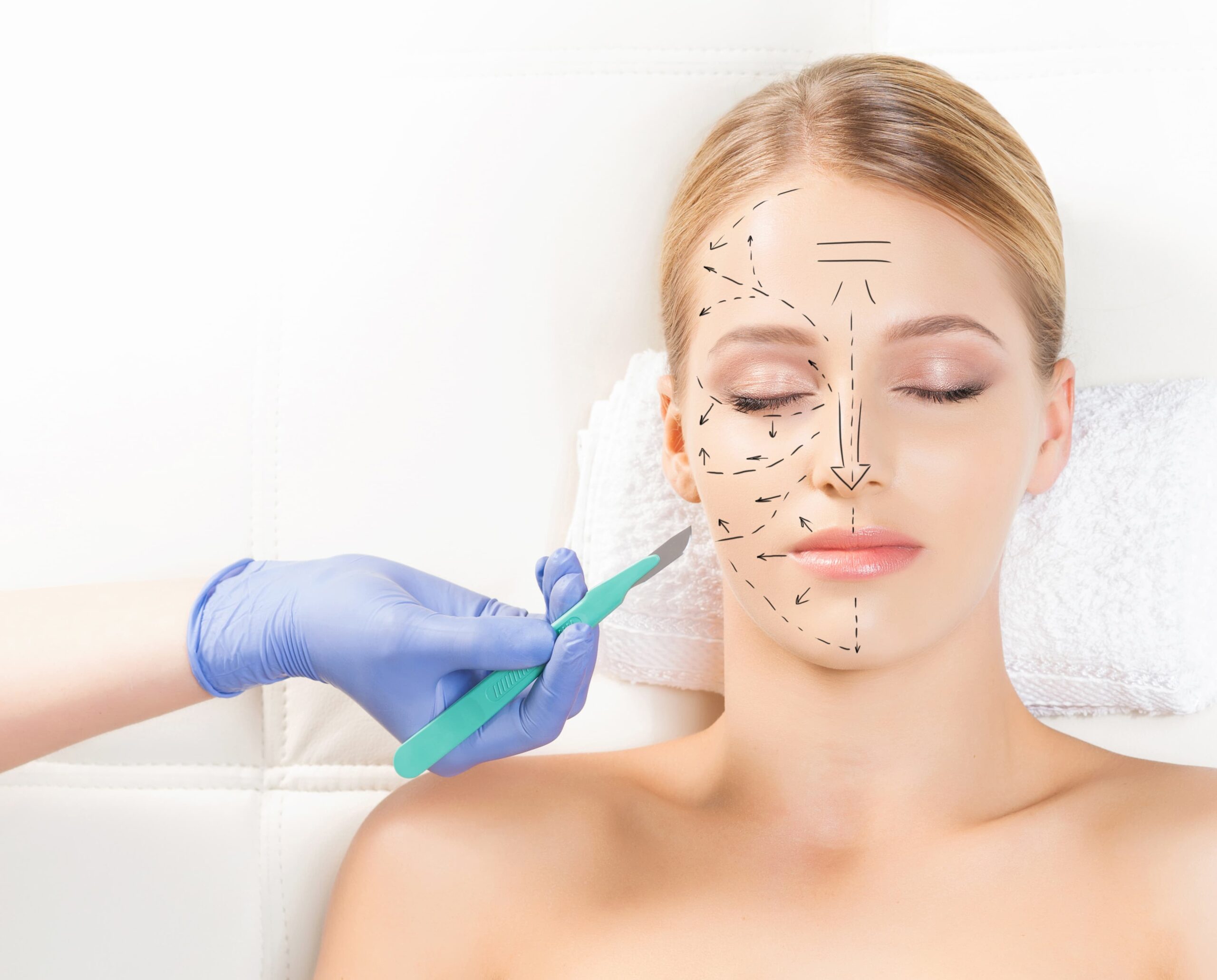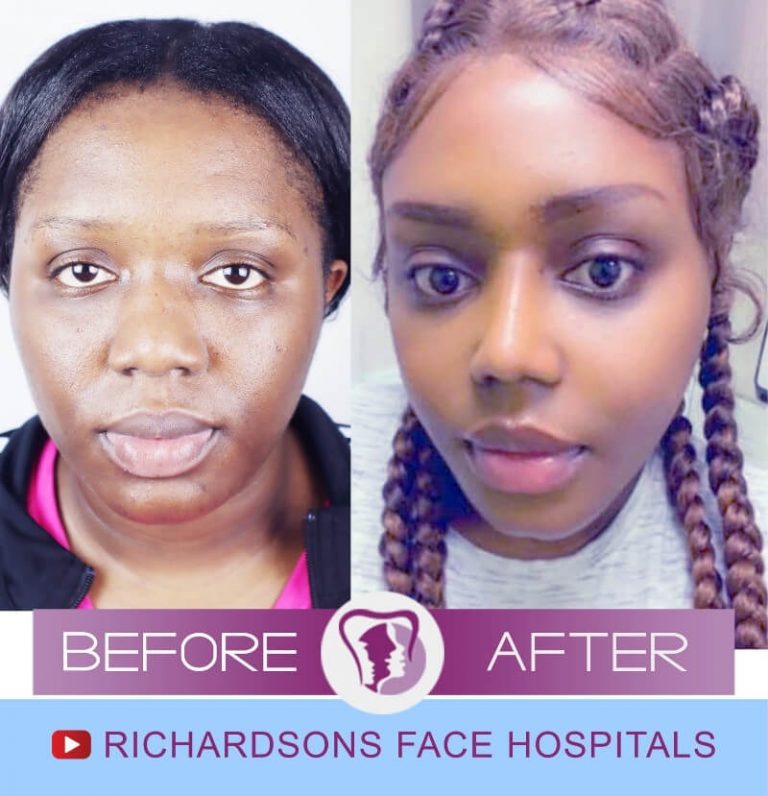Facelift Rancho Cucamonga: Turn Back the Clock with Advanced Anti-Aging Solutions
Facelift Rancho Cucamonga: Turn Back the Clock with Advanced Anti-Aging Solutions
Blog Article
Investigating the Emotional and Social Factors That Drive Individuals to Consider Plastic Surgery as a Means of Enhancement
The choice to go after plastic surgery often extends past simple appearances, intertwining with emotional and social dynamics that warrant detailed evaluation. Variables such as self-worth, pervasive societal beauty standards, and the pervasive influence of social networks assemble to form specific motivations for surgical enhancement. As these impacts come to be progressively popular, comprehending the underlying cultural and emotional contexts is crucial. What continues to be to be discovered is the extensive effect these factors have not only on individuality yet additionally on wider social standards and worths surrounding charm and acceptance.
The Role of Self-worth
Self-esteem significantly affects a person's decision to pursue cosmetic surgical procedure. Individuals with low self-confidence usually regard themselves in an unfavorable light, causing sensations of inadequacy concerning their physical appearance. This adverse self-perception can drive them to look for medical treatments as an approach of boosting their self-image. The desire for renovation in one's look is frequently connected to an idea that such modifications will certainly elevate their total self-regard and confidence.

Eventually, the duty of self-worth in the decision-making process concerning cosmetic surgery highlights the complicated interaction between body picture, individual contentment, and mental health. Comprehending this relationship is important for healthcare experts to ensure that patients are making notified decisions rooted in sensible assumptions and psychological well-being.
Societal Elegance Requirements
Influenced by pervasive media portrayals and social narratives, social elegance standards play an important function in forming people' understandings of their very own bodies. These requirements are usually identified by an idyllic form of beauty that emphasizes characteristics such as balance, slimness, and youthfulness. As these suitables are continued through various networks, consisting of marketing, tv, and film, individuals frequently internalize these messages, bring about dissatisfaction with their natural look.
The effects of these social standards expand past visual preferences; they can affect self-confidence, mental wellness, and interpersonal relationships. Individuals who view themselves as falling brief of these standards may experience feelings of inadequacy, prompting a wish for plastic surgery as a way of accomplishing social authorization. This pursuit is frequently sustained by the idea that adapting these perfects will certainly enhance not only physical appearance however also social standing and individual fulfillment.

Impact of Social Network
The influence of social charm requirements is further intensified by the rise of social media sites systems, where curated pictures and idyllic depictions of charm are common. Users are constantly subjected to filteringed system and edited photos, which frequently illustrate unattainable physical qualities. This direct exposure grows a culture of comparison, leading people to examine their very own appearance against these frequently unrealistic standards.
Social media influencers and celebs frequently advertise cosmetic treatments, normalizing the idea that medical improvements are a viable ways for achieving social ideals (plastic surgery rancho cucamonga). The visibility of these improvements can create an understanding that undertaking cosmetic surgical treatment is a typical technique, therefore influencing individuals to consider comparable interventions as a pathway to improved self-esteem and social approval
Additionally, the interactive nature of social media sites permits next page instant responses through sort and comments, better reinforcing the wish to comply with prominent beauty requirements. Such communications can exacerbate feelings of insufficiency and drive people towards cosmetic surgical treatment as a way of acquiring validation. Ultimately, social media sites plays an essential function fit perceptions of elegance, which substantially impacts the decision-making processes bordering cosmetic surgical procedure.

Cultural Viewpoints on Look
Across various cultures, assumptions of look are deeply rooted in historical, social, and financial contexts, shaping individuals' sights on charm and charm. In many societies, appearance acts as a significant marker of identity, affecting social status, expert chances, and personal connections. For instance, in some societies, light skin is commonly related to riches and privilege, while others might idealize darker complexion as symbols of strength and authenticity.
Furthermore, traditional elegance criteria are typically bolstered with cultural narratives, media depictions, and family affects, leading to differing ideals throughout different regions (plastic surgery rancho cucamonga). In Western societies, the focus on young people and physical conditioning commonly drives individuals towards cosmetic improvement, while in certain Eastern cultures, even more subtle modifications aligned with traditional aesthetics may be liked
Globalization and the expansion of electronic media have better complicated these characteristics, producing a hybridization of beauty perfects that goes beyond geographical boundaries. As people progressively navigate these cultural narratives, the pressure to comply with specific appearance criteria can cause the need for cosmetic surgical procedure, showing a complex interaction of individual ambitions and social worths. Recognizing these social point of views is important in addressing the inspirations behind plastic surgery factors to consider.
Mental Impacts of Aesthetic Surgery
Several individuals looking for plastic surgery report experiencing extensive emotional impacts that can substantially modify their self-perception and psychological well-being - plastic surgery rancho cucamonga. The wish for physical improvement frequently comes from underlying problems such as reduced self-worth, body dysmorphic disorder, or societal pressures relating to elegance standards. For some, the immediate post-operative phase can result in a temporary increase in self-confidence and satisfaction with their look, fostering a feeling of empowerment
Nonetheless, these positive feelings may not be enduring. Research study shows that while some people experience improved self-worth, others may face increased stress and anxiety or depression if their expectations are not met. This disparity can arise from impractical suitables perpetuated by media representation and social stories bordering charm.
Furthermore, the psychological ramifications of cosmetic surgical procedure expand additional resources past the individual. Relationships with family and good friends might be strained as social characteristics shift, causing feelings of isolation or alienation. Inevitably, the mental effects of plastic surgery are diverse and intricate, requiring cautious consideration by both possible individuals and doctor to ensure informed decision-making and practical expectations.
Final Thought
To conclude, the decision to go after cosmetic surgical treatment is substantially influenced by a mix of self-worth concerns, societal charm criteria, and cultural perspectives on look. click now The prevalent reach of social media sites further exacerbates these stress, advertising impractical suitables that individuals usually aim to attain. Comprehending these mental and social aspects is vital for resolving the motivations behind plastic surgery, highlighting the demand for an extra nuanced discussion bordering appeal and self-acceptance in contemporary culture.
The choice to go after cosmetic surgical treatment often prolongs past plain visual appeals, linking with social and psychological dynamics that merit detailed assessment. Eventually, social media plays a crucial role in shaping assumptions of beauty, which considerably impacts the decision-making procedures surrounding cosmetic surgical procedure.
As people progressively navigate these social narratives, the pressure to adjust to certain appearance criteria can lead to the desire for cosmetic surgical procedure, reflecting a complicated interaction of personal ambitions and cultural values.In final thought, the choice to go after cosmetic surgery is considerably affected by a mix of self-esteem issues, societal elegance criteria, and cultural point of views on appearance. Comprehending these social and psychological aspects is important for attending to the motivations behind cosmetic surgery, highlighting the requirement for an extra nuanced conversation surrounding elegance and self-acceptance in contemporary society.
Report this page